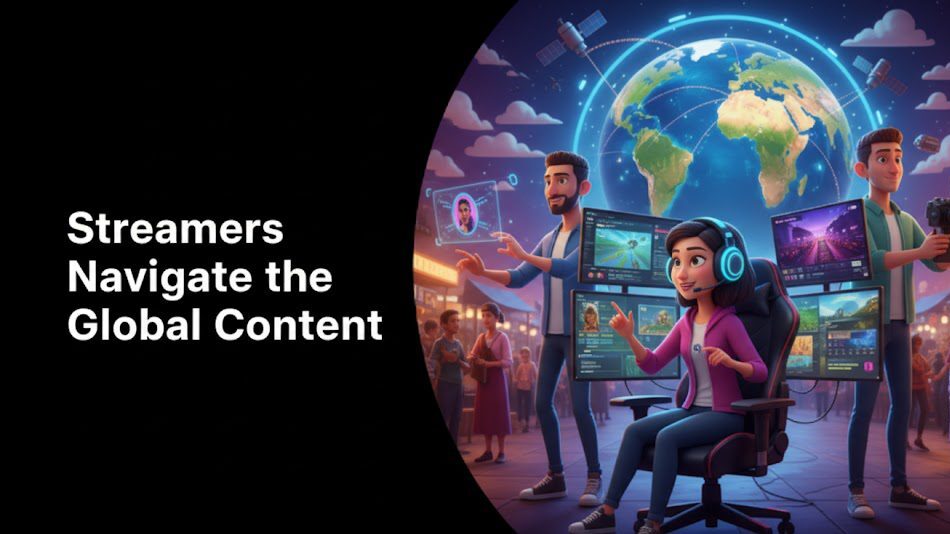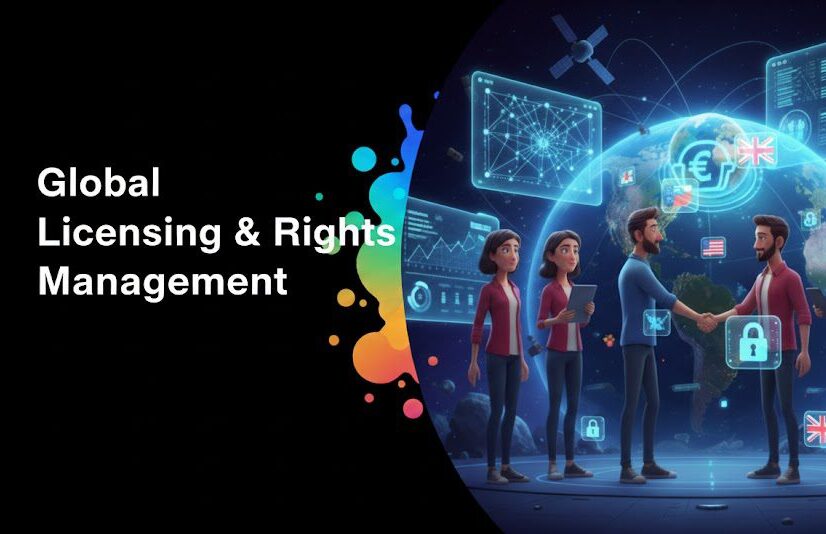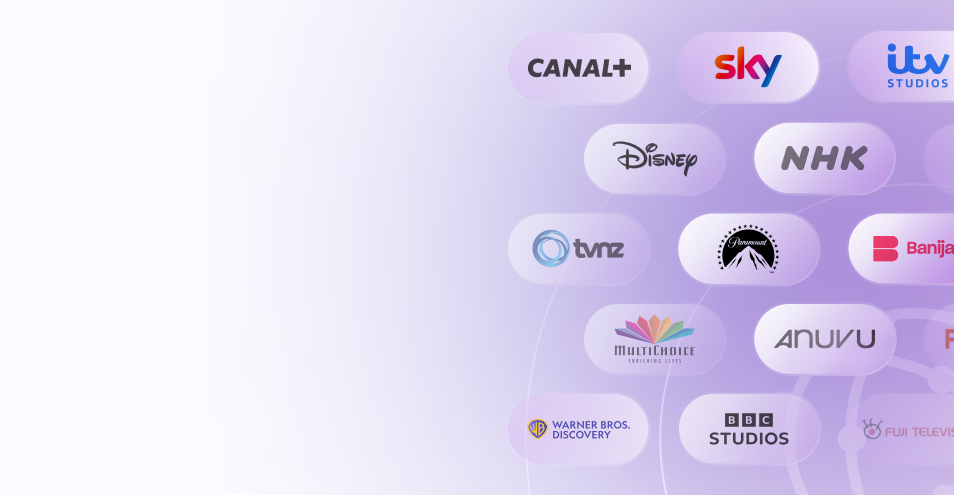Introduction
In the ever-evolving landscape of film and television, renewal deals play a critical role in sustaining the momentum of successful content, extending rights agreements, and maintaining long-term partnerships between studios, broadcasters, and streaming platforms. Whether it’s a popular TV series getting greenlit for additional seasons, film rights being re-negotiated for new territories, or studio talent contracts being extended, renewal deals are the cornerstone of continuity in the entertainment supply-chain. These agreements not only ensure revenue flow and audience retention but also shape strategic decisions in content acquisition, distribution, and talent engagement. In this article, we decode how renewal deals work, who benefits, the structures behind them, and how platforms like Vitrina help players across the industry navigate these high-impact decisions seamlessly.
Table of content
- Introduction
- What is a Renewal Deal?
- Why Renewals Matter in Entertainment
- Types of Renewal Deals in Film & TV
- How Renewal Deals Work
- Key Players in Renewal Negotiations
- Factors Influencing Renewal Decisions
- Impact of Renewal Deals on Content Strategy
- Challenges in Renewal Negotiations
- How Vitrina Helps with Renewal Deals
- Key Takeaways
- FAQs
Find Verified Execs for Renewal Conversations

What is a Renewal Deal?
A Renewal Deal in the entertainment industry refers to the formal extension or continuation of an existing agreement — such as a TV show season renewal, a content distribution license extension, or a studio contract extension. These agreements are pivotal for sustaining momentum in content pipelines and long-term business relationships.
Types of Renewal Deals in Film & TV
- TV Series Renewal: Extending for new seasons.
- Film Rights Renewal: Extending rights to broadcast/stream/distribute.
- Studio Deal Extensions: Renewing multi-year production pacts.
- Service Contracts: Renewal of production, post, VFX, localization services.
- Distribution License Renewals: Extending territories or durations.
- Talent Agreements: Renewing actor/director/writer contracts.
How Renewal Deals Work
Renewal negotiations typically involve assessing performance metrics, revenue impact, market trends, and internal resource alignment. Deals can be automatic (with pre-clauses) or renegotiated, depending on clauses like performance triggers, viewer ratings, or contractual expiration timelines.
Steps in a typical renewal process:
- Contract review & performance analysis
- Internal forecasting
- Negotiation between parties
- Legal amendment or new contract drafting
- Budget approval and public announcement
Maximize Revenue with Strategic Renewals

Key Players in Renewal Negotiations
- Content Acquisition Heads
- Studio Development Executives
- Legal & Business Affairs Teams
- Sales and Distribution Leaders
- Talent Agents & Production Companies
- Content Financiers and Broadcasters
Factors Influencing Renewal Decisions
- Viewership Ratings & Market Demand
- Revenue Performance (Ad, Subscription)
- Distribution Expansion Opportunities
- Competitor Actions & Genre Trends
- Talent Availability
- Strategic Fit with Future Slate
Impact of Renewal Deals on Content Strategy
Renewals shape long-term programming, scheduling, international sales, and genre diversification. Streamers and broadcasters rely on renewals to ensure continuity in popular content offerings and to leverage cross-platform monetization opportunities.
Challenges in Renewal Negotiations
- Rising Talent Costs
- Shifts in Distribution Models
- Competing Interests of Rights Holders
- Lack of Transparency in Performance Metrics
- Contractual Ambiguities
- Executive Turnovers
How Vitrina Helps with Renewal Deals
Vitrina transforms renewal planning into a data-driven, strategic advantage.
- Track Ongoing Projects: Understand which productions and rights are up for renewal using Vitrina’s Global Film+TV Tracker.
- Discover Partners with History of Renewals: Vitrina’s profiling enables you to find studios or vendors with consistent renewal track records.
- Identify Decision-Makers Instantly: Vitrina’s updated executive database reveals the right contacts for renewal conversations.
- Outreach Assistance: Premium members benefit from Vitrina’s outreach solutions, bridging gaps with critical stakeholders.
- Market Intel: Insights on competitor renewals, studio extensions, or licensing patterns help you negotiate better.
Whether you’re renewing a TV license or extending a post-production partnership, Vitrina ensures you’re better informed, better connected, and better positioned.
Key Takeaways
- Renewal deals maintain business continuity and reduce acquisition risk.
- The process requires meticulous performance analysis and strategic negotiation.
- Challenges include rising costs and complex stakeholder ecosystems.
- Vitrina enables smarter, faster, more efficient renewal decisions.
Frequently Asked Questions
Ideally, 6-9 months before expiry to allow smooth transition and negotiation buffer.
Yes, many renewals involve renegotiation, often expanding scope, territories, or platforms.
It helps understand past deal structures, performance, and strategic fit.





































